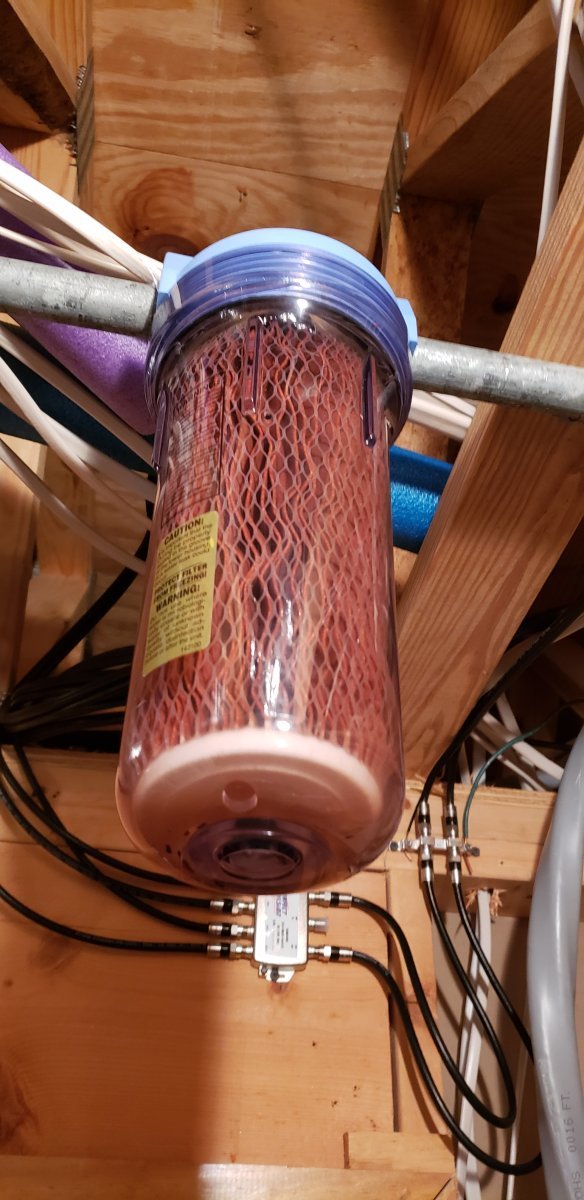We recently were “given” a house by my mother , for all legal concerns. The house was quit claim deeded to me.
Now her CPA is saying that she owes a bunch of money to the irs because of this gift.
The only thing i can find is the possibility of capital gains taxes on me . That has no bearing on her.
Does this sound right? I can’t get the CPA to call me, my mother is old, she gets confused easily.
I told her to hold everything and dont give anyone any money until I investigate it.
She also says we have to present an appraisal of the house...its worth is about $250k right now. Paid $115k .
I did not see any problem with this.
Any help appreciated !
Thanks
Not a CPA but I gifted a 50% interest of a property and just filed a gift tax form and you can get the exclusion from your lifetime inheritance tax allowance. I think that inheritance tax exclusion is about 10 or 11 million now and if she won't be leaving more than then when she passes, easy to use part of it now to exclude the gift above the I think annual 15k tax free gifts. You are not liable for any tax. PM me and I'll look up the forms you will need to file for her. You can fill them out yourself. You will need an assessed value for the property and I used the county tax appraisal for mine.









